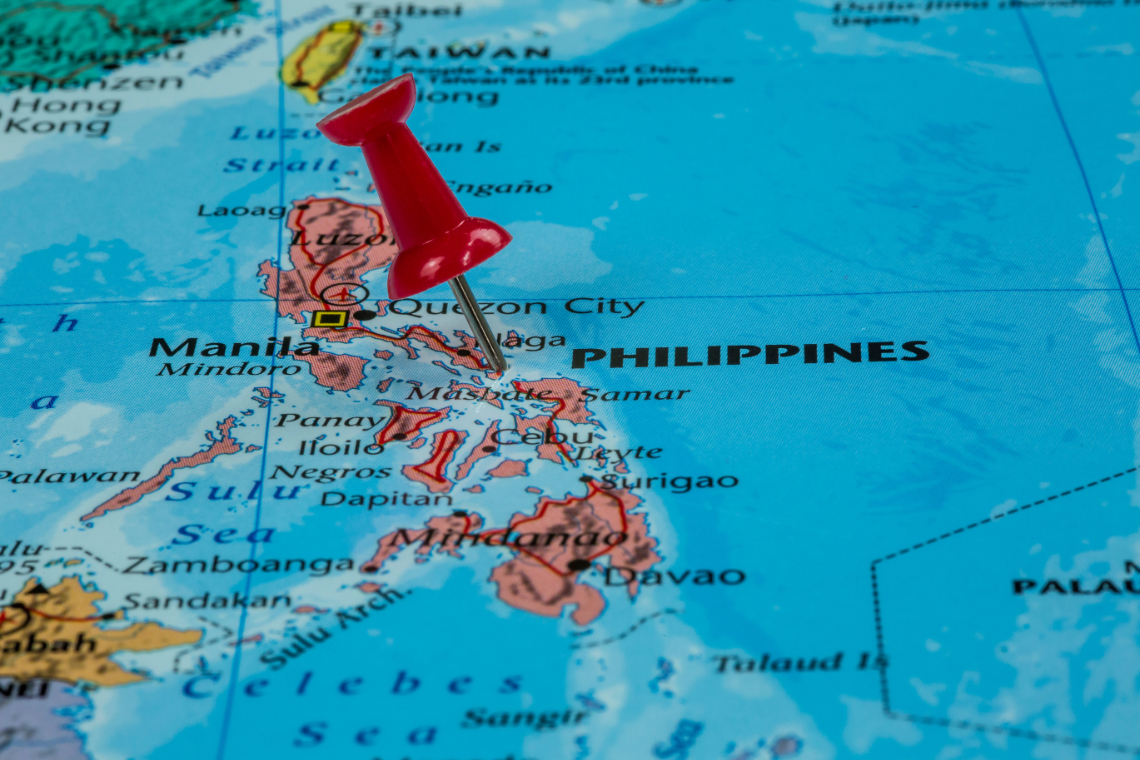Supporting Filipino Nurses: A History of Good Works at Home and Abroad
Filipinos make up a little over 1% of the U.S. population; however, they account for 4% of all registered nurses in the country.
This is no fluke - nursing culture in the Philippines has a rich history.
Long-Standing Traditions
Early Filipino culture placed strong importance on homeopathic medicines, establishing healthcare traditions that have lasted centuries.
The first formal hospitals in the Philippines were established back in the 1,500s during the Spanish regime. The hospitals primarily served Spanish soldiers when first built but expanded to serve civilians and treat common diseases of the time, including leprosy.
The nursing boom in the Philippines truly started during the Philippine Revolution in the 1890s. As war tore through the country, Filipina women took on the role of caring for the wounded. The period saw many brave women not only serve their communities but establish some of the nation’s early hospitals.
Throughout the early 1900s, nursing training programs began to pop up all across the Philippines. These programs led to major policy decisions and the foundation of the Philippines Nursing Association, which last year celebrated its 100th anniversary (founded in 1922). Alongside the launch of this organization, the Philippines enacted a policy entitled “An Act Regulating the Practice of Nursing Profession in the Philippine Islands,” which necessitates all nurses who are practicing the profession to register yearly.
This early focus on nursing ultimately laid the groundwork for The Philippines Red Cross, which was officially established in 1947. The same year, the Philippines also opened its first nursing college: Manila Central University-College of Nursing.
Carrying a Culture of Support to the U.S.

As the 20th century continued on, nursing only increased in popularity. The country had built strong infrastructure and training, providing a broad range of Filipinos access to rewarding careers serving their communities.
Flash forward to today, and the marriage of policies and economic opportunities both at home and abroad has led to an explosion of Filipino nursing jobs. There are entire recruiting agencies and professional organizations 100% focused on supporting Philippine nursing job opportunities and attracting Filipino nurses to the US.
Approximately one in four employed Filipino adults in the US are frontline healthcare workers. This major contribution played a key role in the country navigating COVID-19 and supporting overwhelmed hospital systems in its aftermath.
That being said, the pandemic has taken a toll on the Filipino community. According to a recent report, while Filipino nurses account for 4% of nurses in the U.S., they represented 31.5% of the nurses that died from complications of COVID-19. The same study found that Filipino nurses are more likely to handle high-risk situations with patients.
Overcoming Challenges and Achieving Success
Filipino Americans have a median income of $80,000, the second highest among Asian American populations (behind only Indian Americans at $100,000). That achievement is in no small part due to healthcare work.
The work is not easy, and it has never been. Whether treating leprosy in the 1500s or supporting a patient on a ventilator with COVID-19, Filipino nurses continue to amaze with a strong culture of support and healthcare.
How can we better support the nurses that form the backbone of the U.S. healthcare system? As we look towards the future and how we can facilitate success for these nurses, a few clear opportunities exist.
Continuing Education and Expanding Opportunities

Expanding access and curating education to support Filipino-American and Filipino immigrant nurses could have a major impact on economic and career opportunities and could ultimately lead to better health outcomes for these individuals.
Filipino nurses supported the U.S. through the AIDS pandemic, COVID-19, and everything in-between, even dating back to the early 1900s. There is an immense opportunity to pay back this community and elevate their role not only on the front-line but across the system as a whole.
By improving and expanding education access, Filipino nurses can continue to take on a larger role in the healthcare system, ideally improving income and health outcomes.
CEUFast - Our Approach to Serving the Filipino Community
CEUFast has developed a broad range of educational programs to support nurses in their efforts to expand their knowledge base and improve the service they can provide to patients.
These educational programs span medical knowledge, patient care recommendations, legal know-how, and self-care for healthcare professionals.
These programs can help nurses gain the requirements to achieve new job opportunities across the U.S. Supporting the Filipino nursing community is a top priority for our organization, and we are constantly exploring new programs and services to better enable their growth and success.
If you’d be interested in seeing how our organization looks to elevate the opportunities for Filipino nurses nationwide, visit our course list here.






